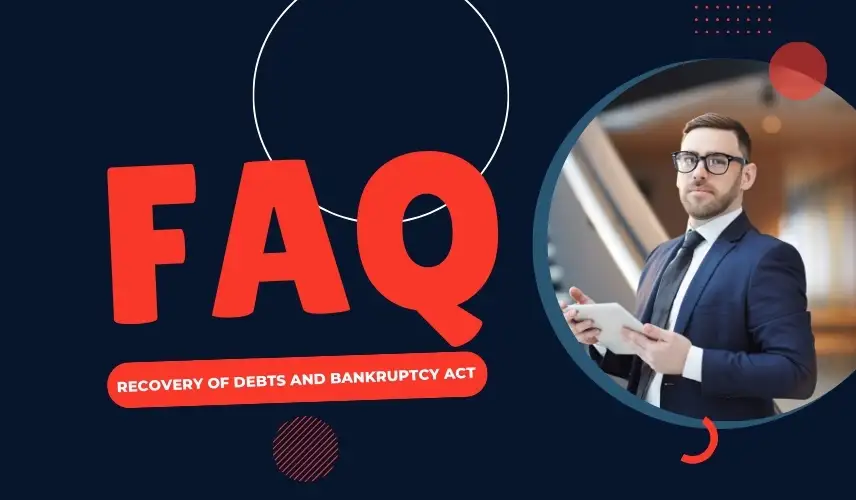
FAQ About Sale by Recovery Officer
Answer: Under Rule 60(1) of the Second Schedule to the Income Tax Act, 1961, which has been made applicable to sale by the Recovery Officer of Debts Recovery Tribunal, where immovable property has been sold in execution of a certificate, the defaulter, or any person whose interests are affected by the sale, may, at any time within thirty days from the date of the sale, apply to the Recovery Officer of Debts Recovery Tribunal to set aside the sale, on his depositing the amount specified in the proclamation of sale as that for the recovery of which the sale was ordered with interest thereon at the rate of fifteen per cent per annum, calculated from the date of the proclamation of sale to the date when the deposit is made; and for payment to the purchaser, as penalty, a sum equal to five per cent of the purchase money but not less than one rupee.
Categories
Recent FAQs
-

FAQ About Filing of Recovery Application(Original Application) in Debt Recover Tribunal
Know more about frequently asked questions [...]
-

FAQ About the Meaning of “debts”
Know more about frequently asked questions [...]
-

FAQ About What Should Be Done by Debts Recovery Tribunal After the Banks/financial Institutions File the Recovery Application(Original Application)
Know more about frequently asked questions [...]
-

FAQ About What Are the Power of Debts Recovery Tribunal About Passing of Interim Order Like Injunction, Attachment, Receiver
Know more about frequently asked questions [...]
-

FAQ About Written Statement to Be Filed by Borrower/guarantor Including Counter Claim/set Off
Know more about frequently asked questions [...]
-

FAQ About Judgment on Admission or When the Borrower Admit the Claim of the Bank/ Financial Institution Either in Full in Part
Know more about frequently asked questions [...]
-

FAQ About the Procedure for Proving Facts and Documents on by Bank/ Financial Institution or by Borrower/guarantors
Know more about frequently asked questions [...]
-

FAQ About Suits Filed by Borrower/guarantors in Civil Court
Know more about frequently asked questions [...]
-

FAQ About the Final Order That May Be Passed by Debts Recovery Tribunal on the Recovery Application(Original Application) Filed by Banks/ Financial Institutions
Know more about frequently asked questions [...]
-

FAQ About Final Order / Certificate Against a Dead Person
Know more about frequently asked questions [...]
-

FAQ About Appeals to Debts Recovery Tribunals
Know more about frequently asked questions [...]
-

FAQ About Pre-deposit for Preferring an Appeal to Debts Recovery Tribunals Under RDB Act, 1993
Know more about frequently asked questions [...]
-

FAQ About the Procedure Which is to Be Followed by Debts Recovery Tribunals and Debts Recovery Appellate Tribunals Under Rdb Act, 1993
Know more about frequently asked questions [...]
-

FAQ About the Power of Recovery Officer and About the Procedure of Recovery Officer
Know more about frequently asked questions [...]
-

FAQ About the Power of Presiding Officers After Issuing a Recovery Certificate
Know more about frequently asked questions [...]
-

FAQ About Filing an Appeal Before the Presiding Officer Against an Order of the Recovery Officer of Debts Recovery Tribunal
Know more about frequently asked questions [...]
-

FAQ About Sale by Recovery Officer
Know more about frequently asked questions [...]
-

FAQ About Arrest Detention in Civil Prison
Know more about frequently asked questions [...]
-

FAQ About Various Misc. Matters Under RDB Act,1993
Know more about frequently asked questions [...]
